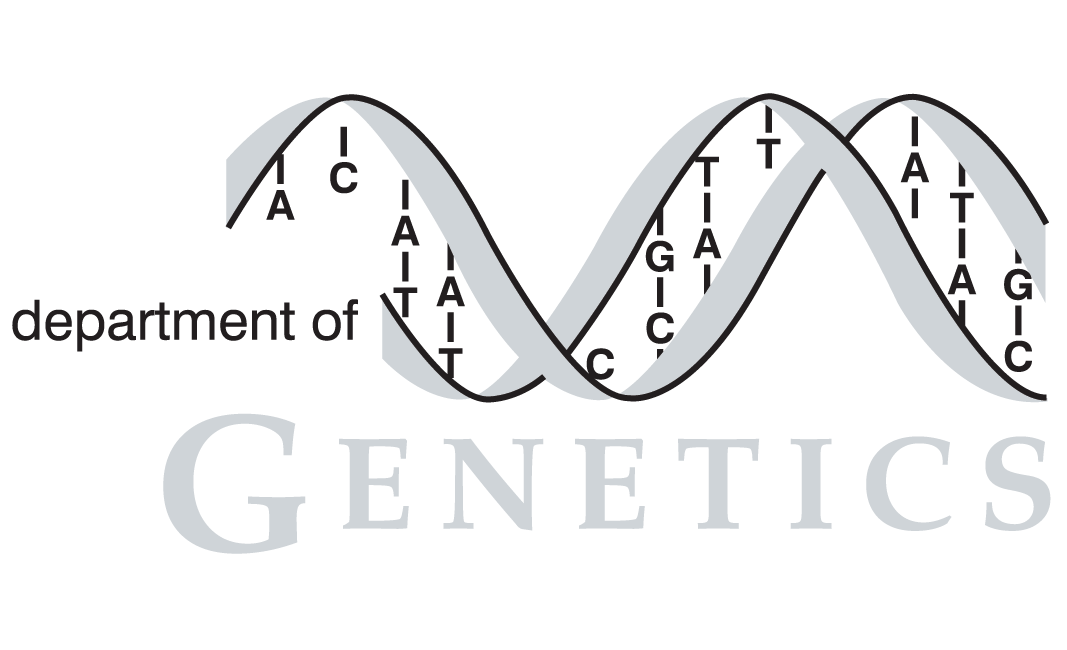| Citation | Penacho V, Blondin B, Valero E, Gonzalez R. Flocculation and transcriptional adaptation to fermentation conditions in a recombinant wine yeast strain defective for KNR4/SMI1. Biotechnology progress, 2012. |
| PubMed ID | 22065482 |
| Short Description | Flocculation and transcriptional adaptation to fermentation conditions in a recombinant wine yeast strain defective for KNR4/SMI1. |
| # of Conditions | 6 |
Full Description

|
KNR4 defective recombinant wine yeast strains were previously shown to oversecrete mannoproteins during alcoholic fermentation and, depending on the genetic background, to contribute to protein stability of white wines. We have tried to get a deeper insight into the consequences of KNR4 deletion in a wine yeast strain, from both a biological and an enological standpoint, and to understand the mechanisms leading to improved mannoprotein release. In fermentation experiments, followed by aging on lees, and compared to the parent strain, the recombinant strain shows increased release of mannoproteins during the fermentation but little increase during aging. Mannoprotein release by the recombinant strain takes place mainly during the fermentation step. In contrast, autolysis of the recombinant strain keeps going after aging for 78 days. In addition, the recombinant strain is moderately flocculent, which would be interesting for the production of sparkling wines. This might be related to changes in the expression of Flo1p-regulated genes. The new biological processes affected by KNR4 deletion in wine yeasts, as revealed by this transcriptomic study are flocculation, adaptation to anaerobiosis, oxidative stress response, and ethanol tolerance, as well as FKS1 overexpression; but no overexpression was detected for genes coding for major structural mannoproteins of the cell wall. |
Tags
 |
Contact: sgd-helpdesk@lists.stanford.edu


